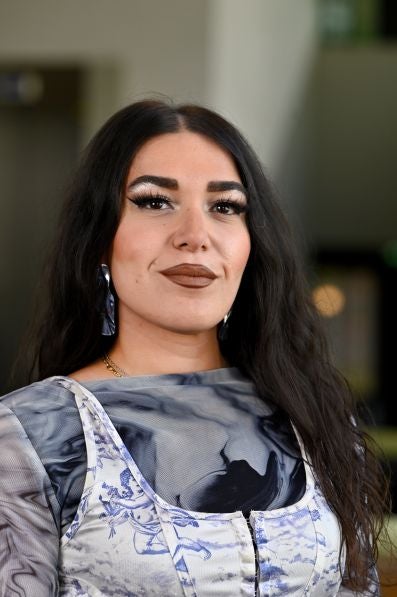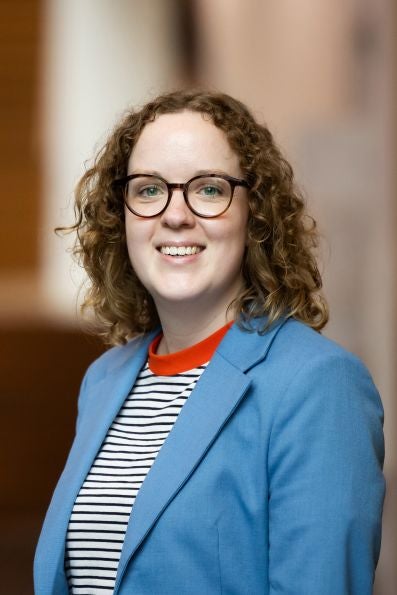Course description
Logic is the study of different types of reasoning. Logic is also a tool for elegantly modelling diverse phenomena. The aim of the course is to introduce you to this tool and to explain how it can be used. The course is divided into 3 parts.
We will introduce Classical Logic and show how many different systems of reasoning (logics) arise as variations. We will study two fundamental ways of studying logic, via semantics and syntax. The latter is naturally suited to modelling and automated reasoning. We will also discuss applications in the social sciences focussing on agency and information flow. We will introduce logical formalisms that allow us to model situations in which truth is socially constructed and develop notions such as knowledge and group and common knowledge.
The overarching theme in the handling of applications is the notion of categories and categorisation. Categorisation is the activity of placing things such as objects or ideas into categories based on their similarities or common criteria. We will formally introduce categorisation theory, starting from the classical theory of Aristotle right up to prototype and exemplar theory. We will formalise these notions and explain how the tools of logics could be used to incorporate vagueness in this theory.
The third part of the course uses the foundational development from Part 1 and the modelling intuitions from Part 2. We will introduce the study of formal linguistics where words are classified in terms of the role they play in the sentence formation. A word can be categorised as a noun phrase, a transitive verb, etc. Syntactic categories are then combined, accordingly to rules of formation, to build complex expressions. We will see how a grammatically correct sentence can then be captured by a formal proof or a process of computation and how different readings correspond to different proofs.
Continue reading below for more information.

